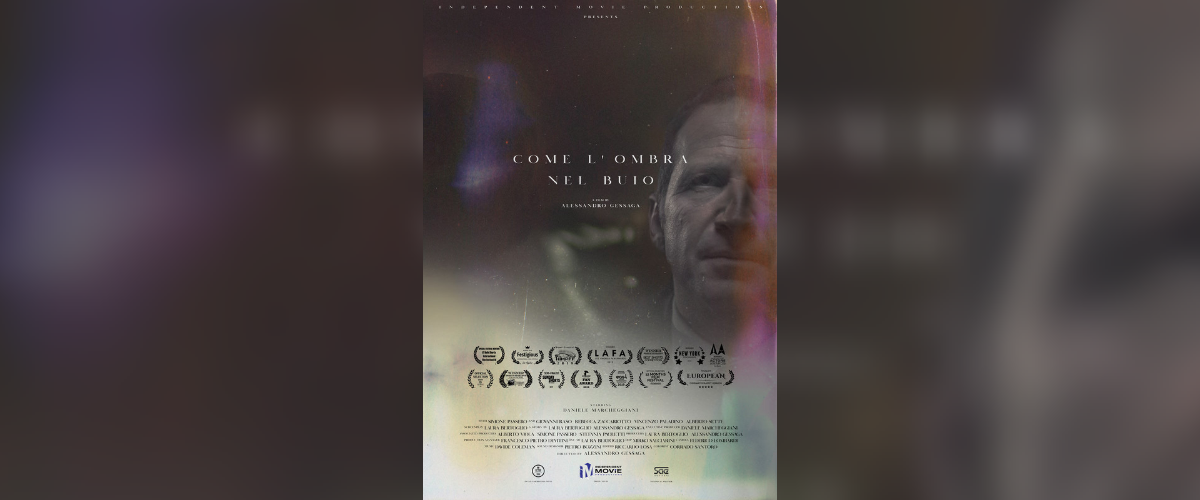
The political mechanism is a sensitive subject that has generated not only essential social progress, but also major destructions that have managed to catalyse the most hurtful human manifestations. Unfortunately, this demonic politics is not a tragic episode we only find in history books; it is a reality for many of us. The short film ‘Like the Shadow in the Dark‘ comes to signal precisely this great wound of contemporary society, illustrating the “backstage” orchestrated by the world’s invisible rulers who, in order to ensure their absolute power, opt for immoral politicians who are haunted by difficult emotional traumas preventing them from having a lucid perception of the society they should govern. Thus, director Alessandro Gessaga provides in his project an uncomfortable metaphor about the mechanisms of power that goes beyond the walls of the institutions ensuring the political kinetics of the society, being inspired somewhat by the coldness, cynicism and latent aggressiveness of Yorgos Lanthimos’ films, aiming to create a general overview of human decay in which compromise, falsehood and abuse dictate the directions of the world we live in. The characters of this project are, therefore, recognizable typologies embodying destructive features of the social organism vitiated by absurd ambitions, stridently depicting the secrets hidden behind manipulative hierarchies, to reveal to us a painful truth about the shadows of the human soul touched by the scourge of absolute power.
Gustavo, a well-known psychologist, has a difficult task: he has to select potential politicians who will rise in the hierarchy of social power. However, his choices risk being influenced by other factors his personal happiness may depend on.
Iterating somewhat the coercive mechanisms of the dictatorship, Alessandro Gessaga’s project seems to swing between a realism of a well-tempered brutality, in the depths of which the destructive instincts of all mankind clash, and a parable-like, underground universe, governed by occult congregations that perceive politics as the most effective mechanism to subjugate the world. The implosive tension between the characters is the essential principle the director tries to sublimate into gloomy, sharp and glacial images that intend to capture in a series of bi-frontal interactions the power relationships created between victim and aggressor, between psychologist and patient, between individual and System. Likewise, the confidence and professionalism of the directorial vision emerges from each frame of this spectacular foray into the shadows of the society we live in and whose essence we refuse to penetrate because of our ignorance or fear. Beyond the lucid and uncomfortable viewpoint it attacks, ‘Like the Shadow in the Dark’ is an intelligent short film that fully proves the maturity of a director with enormous creative potential.
For the accuracy with which it renders a metaphorical x-ray of the power mechanism that governs our society, for the structural cohesion of all the elements that recompose this insight into the backdrop of a flawed politics, but also for the courage and lucidity with which it depicts one of the most sensitive “diseases” of contemporary society, ‘Like the Shadow in the Dark’ was awarded with the Film of the Month distinction in the October 2019 edition of TMFF.
TMFF RATING:






